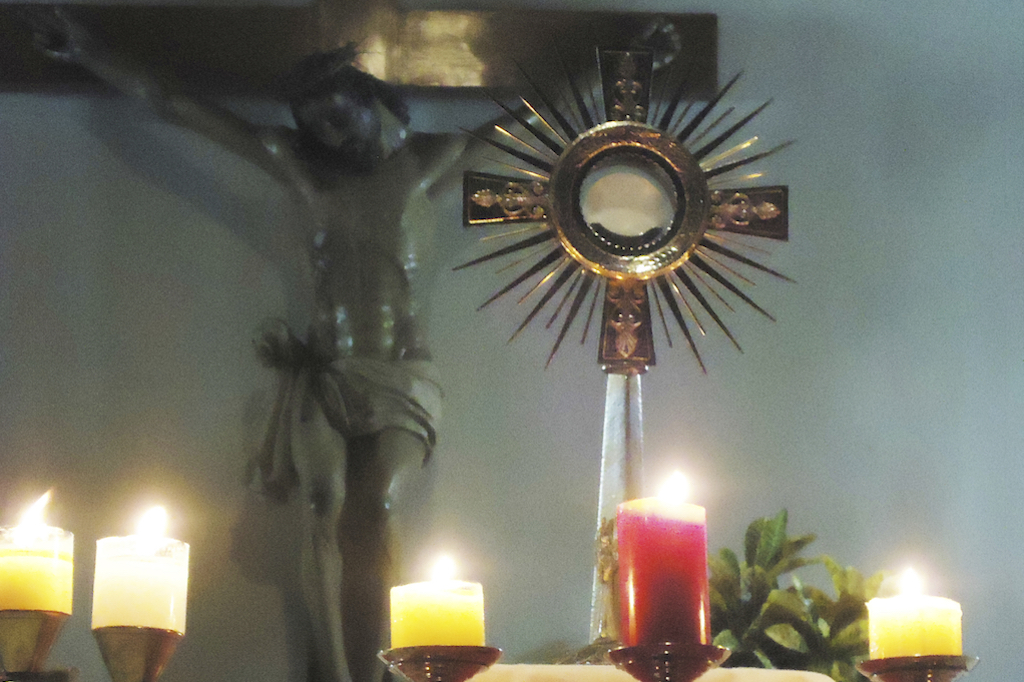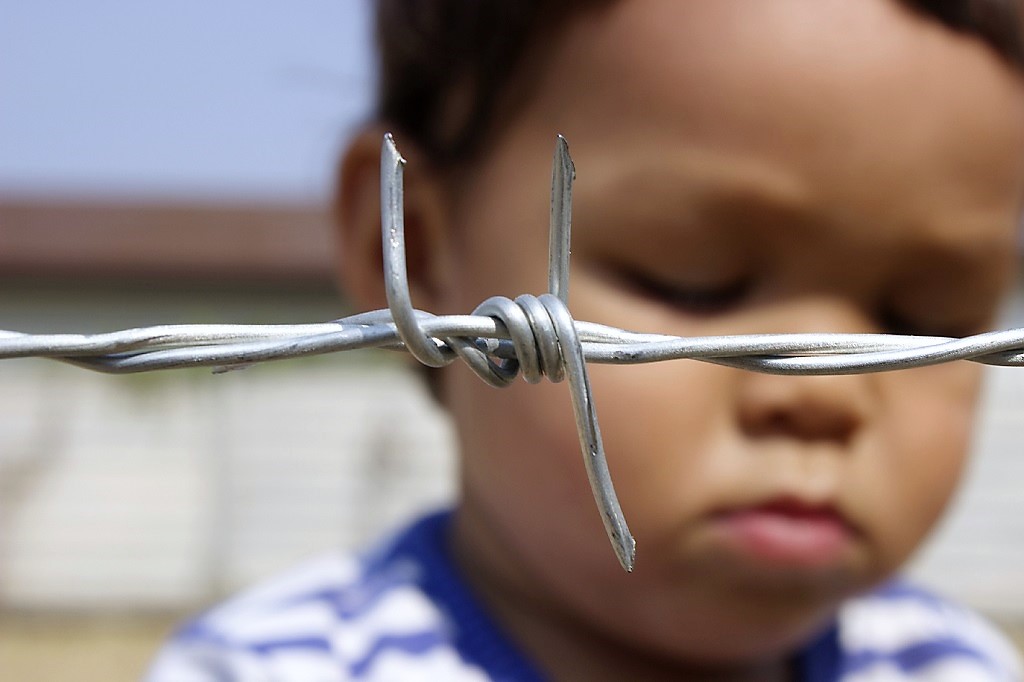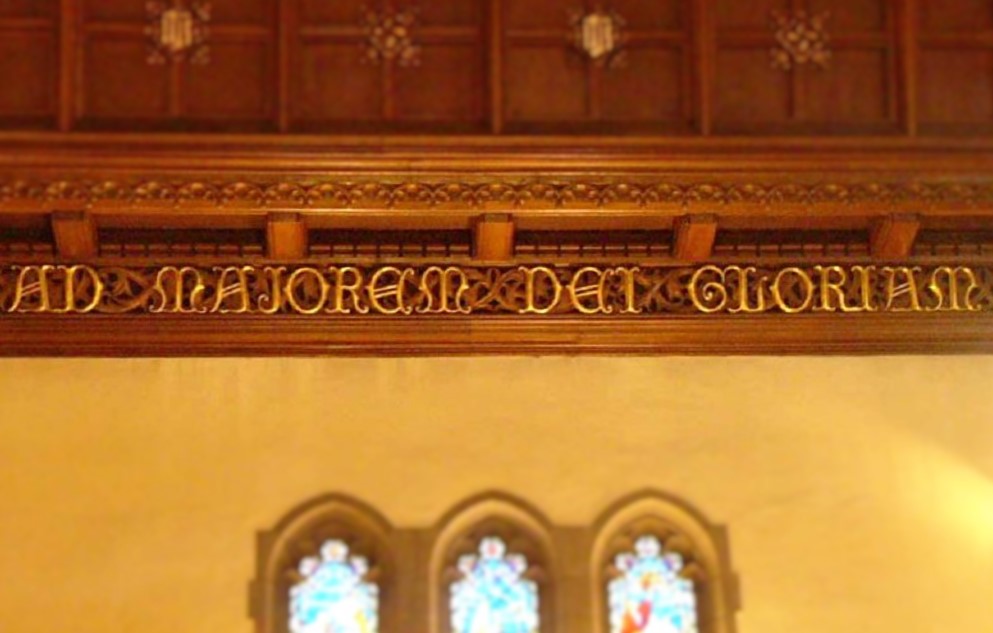In 1985, Pope John Paul II instituted the first World Youth Day, which was held in 1986. Since then, millions of young people have taken part in World Youth Day pilgrimages. This year, July 25 – 31, young people from around the world will travel to Krakow, Poland to pray, sing, learn about the City of Saints, and reflect upon the theme: “Blessed are the merciful, for they shall obtain mercy.” (Mt. 5:7) The theme is in keeping with Pope Francis’ declaration of the Year of Mercy; the two patron saints of this World Youth Day are St. John Paul II and St. Faustina.
World Youth Days are more than simply a gathering of young people. In 1984, Pope John Paul II entrusted to the youth gathered in Rome to celebrate the Jubilee of Redemption two symbols. The first is a plain wooden cross.
I entrust to you the sign of this Jubilee Year: the Cross of Christ! Carry it throughout the world as a symbol of Christ’s love for humanity, and announce to everyone that only in the death and resurrection of Christ can we find salvation and redemption.
The second symbol is an icon of Mary the Mother of God. John Paul II told the young people:
Know, however, that in difficult times, which everyone experiences, you are not alone: like John at the foot of the Cross, Jesus also gives His Mother to you so that She will comfort you with Her tenderness.
These two symbols travel every year to World Youth Day.
Pope Francis will join the young people in Krakow, and he has spoken to them as they prepare themselves for this event.
You, dear young man, dear young woman, have you ever felt the gaze of everlasting love upon you, a gaze that looks beyond your sins, limitations and failings, and continues to have faith in you and to look upon your life with hope? Do you realize how precious you are to God, who has given you everything out of love? Saint Paul tells us that “God proves his love for us in that, while we were still sinners, Christ died for us” (Rom 5:8). Do we really understand the power of these words?I know how much the WYD cross means to all of you. It was a gift from Saint John Paul II and has been with you at all your World Meetings since 1984. So many changes and real conversions have taken place in the lives of young people who have encountered this simple bare cross! Perhaps you have asked yourselves the question: what is the origin of the extraordinary power of the cross? Here is the answer: the cross is the most eloquent sign of God’s mercy! It tells us that the measure of God’s love for humanity is to love without measure! Through the cross we can touch God’s mercy and be touched by that mercy!
For those who cannot travel to Krakow, many dioceses are offering WYD events (such as the Archdiocese of Detroit) so that young people can come together to pray, worship and learn. The United States Conference of Catholic Bishops also offers information on state-side events.
The official website of World Youth Day 2016 is an excellent resource for this event. For parishes, youth groups and dioceses that wish to support WYD and raise funds for those traveling, Diocesan Publications is offering WYD t-shirts that proclaim the theme: “Blessed are the merciful, for they shall obtain mercy.” No matter our age, home or circumstances, we should all join the world’s young people in their contemplation of God’s mercy this summer.












